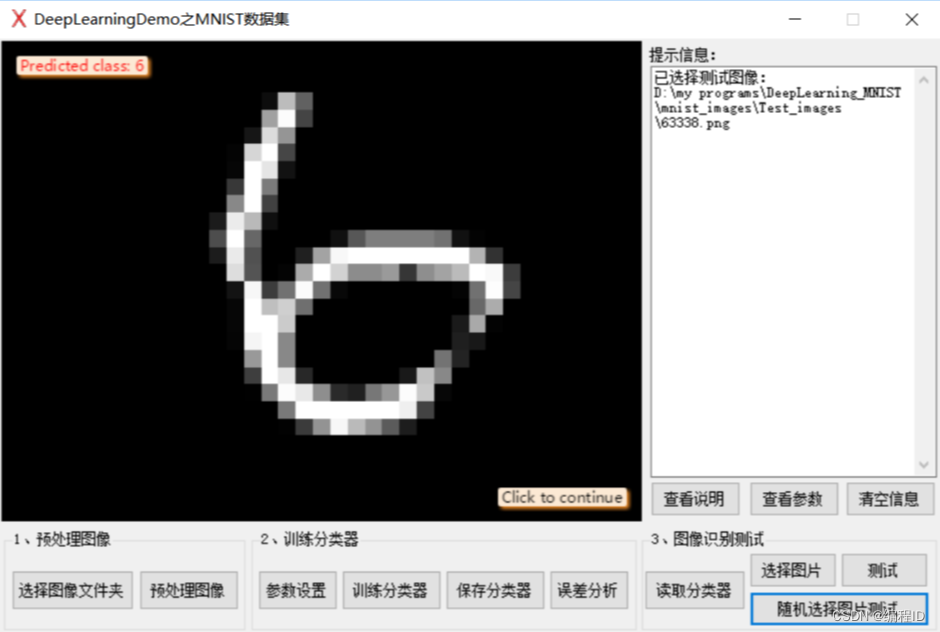我的LeetCode:https://leetcode-cn.com/u/ituring/
我的LeetCode刷题源码[GitHub]:https://github.com/izhoujie/Algorithmcii
LeetCode 912. 排序数组
题目
给你一个整数数组 nums,将该数组升序排列。
示例 1:
输入:nums = [5,2,3,1]
输出:[1,2,3,5]示例 2:
输入:nums = [5,1,1,2,0,0]
输出:[0,0,1,1,2,5]提示:
- 1 <= nums.length <= 50000
- -50000 <= nums[i] <= 50000
来源:力扣(LeetCode)
链接:https://leetcode-cn.com/problems/sort-an-array
著作权归领扣网络所有。商业转载请联系官方授权,非商业转载请注明出处。
解题思路
这道题没有什么好说的,快排就完事了;
引申:Arrays中的sort(DualPivotQuicksort 即双轴快排)源码值得一看,sort是一个综合了快排,归并,直接选择,插入排序等的多因素排序方法,
源码的设计者应该是根据大量数据计算出的几个数据量边界,以此来决定使用最优的排序算法;sort源码的部分片段:
/**
* This class implements the Dual-Pivot Quicksort algorithm by
* Vladimir Yaroslavskiy, Jon Bentley, and Josh Bloch. The algorithm
* offers O(n log(n)) performance on many data sets that cause other
* quicksorts to degrade to quadratic performance, and is typically
* faster than traditional (one-pivot) Quicksort implementations.
* 该排序算法是一个双轴快速排序,是三位大神(Vladimir Yaroslavskiy,Jon Bentley, and JoshuaBloch)实现的,
* 在大量数据集中,其他快排算法的排序性能最坏时为O(n²),但该算法将一直提供稳定的O(nlogn)排序性能,其效率要优于传统单轴快速排序
*
* All exposed methods are package-private, designed to be invoked
* from public methods (in class Arrays) after performing any
* necessary array bounds checks and expanding parameters into the
* required forms.
* 所有的方法都是包私有的,以便于在完成必要的边界检查和参数扩展及格式化后供Arrays调用
*
* @author Vladimir Yaroslavskiy
* @author Jon Bentley
* @author Josh Bloch
*
* @version 2011.02.11 m765.827.12i:5\7pm
* @since 1.7
*/
final class DualPivotQuicksort {
...
}几个边界量:
/**
* The maximum number of runs in merge sort.
* 合并子列最大数量:待合并的序列的最大数量
*/
private static final int MAX_RUN_COUNT = 67;
/**
* The maximum length of run in merge sort.
* 合并子列最大长度:待合并的序列的最大长度
*/
private static final int MAX_RUN_LENGTH = 33;
/**
* If the length of an array to be sorted is less than this
* constant, Quicksort is used in preference to merge sort.
* 快速排序阈值:若待排序数组的长度小于该值,则优先使用快速排序而不是归并排序
*/
private static final int QUICKSORT_THRESHOLD = 286;
/**
* If the length of an array to be sorted is less than this
* constant, insertion sort is used in preference to Quicksort.
* 插入排序阈值:若待排序数组的长度小于该值,则优先考虑插入排序而不是快速排序
*/
private static final int INSERTION_SORT_THRESHOLD = 47;
/**
* If the length of a byte array to be sorted is greater than this
* constant, counting sort is used in preference to insertion sort.
* byte数组计数排序阈值:若待排序的byte数组长度大于该值,则优先使用计数排序而不是插入排序
*/
private static final int COUNTING_SORT_THRESHOLD_FOR_BYTE = 29;
/**
* If the length of a short or char array to be sorted is greater
* than this constant, counting sort is used in preference to Quicksort.
* short&char数组计数排序阈值:若待排序的数组是short或char类型的且数组长度大于该值,将优先使用计数排序而不是插入排序
*/
private static final int COUNTING_SORT_THRESHOLD_FOR_SHORT_OR_CHAR = 3200;思路1-快排;
步骤:
- 寻找一个中间值(一般为第一个数),将小于该值的放左边,大于的放右边;
- 以上一次的终止位置(不包括该位置)为分界线分两块递归进行1的操作;
- 终结条件为左右索引相遇;
算法源码示例
package leetcode;
/**
* @author ZhouJie
* @date 2020年3月31日 上午12:02:03
* @Description: 912. 排序数组
*
*/
public class LeetCode_0912 {
}
class Solution_0912 {
/**
* @author: ZhouJie
* @date: 2020年3月31日 上午12:50:01
* @param: @param nums
* @param: @return
* @return: int[]
* @Description: 快速排序
*
*/
public int[] sortArray(int[] nums) {
quickSort(nums, 0, nums.length - 1);
return nums;
}
/**
* @author: ZhouJie
* @date: 2020年3月31日 上午12:50:04
* @param: @param nums
* @param: @param start
* @param: @param end
* @return: void
* @Description: 快排核心
*
*/
private void quickSort(int[] nums, int start, int end) {
if (start >= end) {
return;
}
int midVal = nums[start];
int left = start, right = end;
while (left < right) {
while (left < right && nums[right] >= midVal) {
right--;
}
nums[left] = nums[right];
while (left < right && nums[left] <= midVal) {
left++;
}
nums[right] = nums[left];
}
nums[left] = midVal;
quickSort(nums, start, left - 1);
quickSort(nums, left + 1, end);
}
}







 已为社区贡献10条内容
已为社区贡献10条内容

所有评论(0)